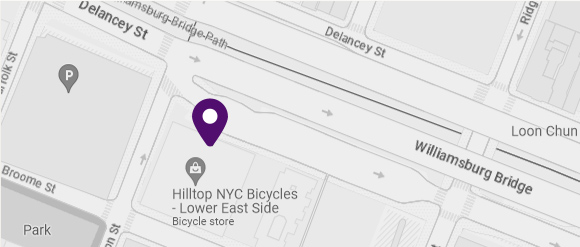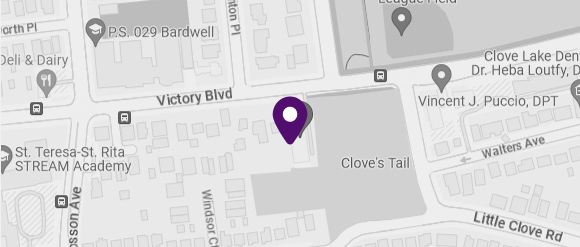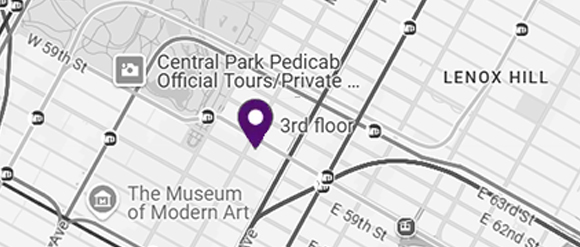Corticosteroids Versus Platelet-Rich Plasma Injections for Knee Osteoarthritis: Where is there More Evidence? A Systematic Review of 60 Years of Literature
PRP injections for knee OA have been documented in more studies and in larger patient numbers compared with CS injections. The higher number of high-level trials for PRP, combined with the lower safety and efficacy documented for CS by previous meta-analyses directly comparing the two products, strongly suggests reconsidering current guidelines that favor CS, highlighting PRP’s body of evidence and the potential role in the effective and safe treatment of knee OA.
Stem Cell Therapies for Spinal Cord Injury in Humans: A Review of Recent Clinical Research
Recently, cell transplantation has emerged as a promising treatment for spinal cord injury (SCI). Over the past decade, numerous clinical studies of SCI have been conducted using various types of cells, including fetal neural stem/progenitor cells (NS/PCs), pluripotent stem cell-derived NS/PCs, mesenchymal stem/stromal cells (MSCs), olfactory ensheathing cells, and Schwann cells. Promising results have been reported for patients with subacute SCI, especially in studies involving MSCs, such as those conducted with Stemirac, although no universally recognized breakthroughs have been achieved. Allogenic NS/PCs may offer advantages over autologous MSCs because they have the potential for cell engraftment within the spinal cord and can be prepared in advance, facilitating their administration during the hyperacute phase.
Hallux Rigidus with an Increased or Equal First Metatarsal Length after a Cheilectomy and First Metatarsal Shortening Osteotomy (FMSO) Using a Small Shortening Scarf: A Retrospective 7-year Clinical and Gait Analysis Follow-up
To evaluate the long-term outcomes of a combined surgical approach using cheilectomy and shortening SCARF osteotomy for moderate hallux rigidus (Coughlin grades 2-3) in active patients with a first metatarsal index equal to or longer than the second metatarsal.
What Can Happen to Your Feet When You Wear Sandals Every Day
Sandals may feel great in the summer, but wearing them too often can lead to stubbed toes, blisters, or joint pain. Many sandals lack proper arch support and cushioning, increasing the risk of foot and leg issues.
How tennis takes a toll: The leg and foot injuries players need to watch out for
Tennis demands explosive movement like lunges, pivots, sprints and sudden stops. Every serve starts with a push from the toes. Every rally shifts weight between the heel and forefoot. Unlike sports with linear movement, like sprinting, tennis places constant multi-directional stress on the feet and ankles—two of the most frequently injured body parts in the game.
Healthcare News
Contact Dr. Walls
Schedule an Appointment to Receive Specialist Orthopaedic Care for Foot & Ankle

Manhatten Office
1171 Delancey Street, New York, NY 10002
Tell :
Book an Appointment →
Staten Island Office
1534 Victory Boulevard, Staten Island, NY 10314
Tell :
Book an Appointment →
Midtown East Office
645 Madison Avenue, 3rd Floor, New York, NY 10022
Tell :
Book an Appointment →











